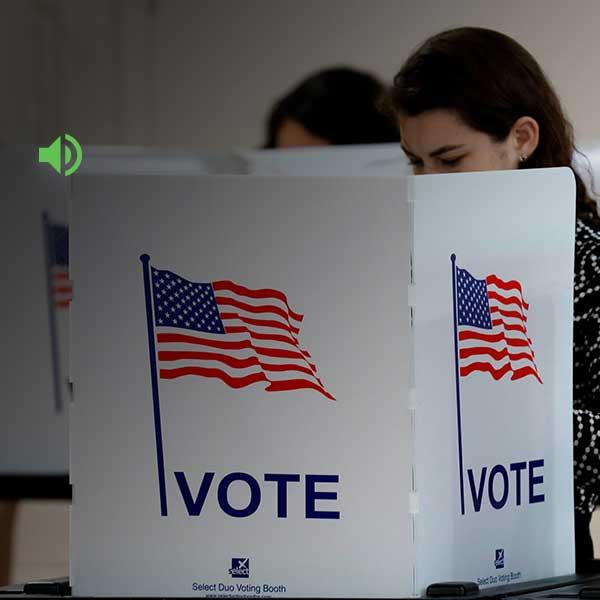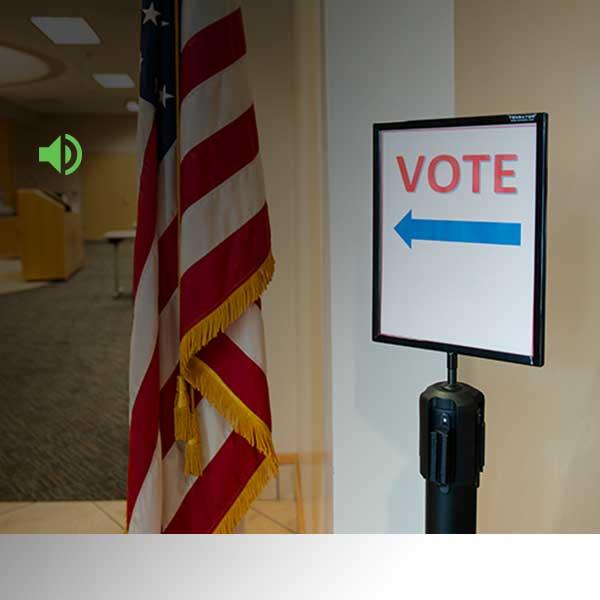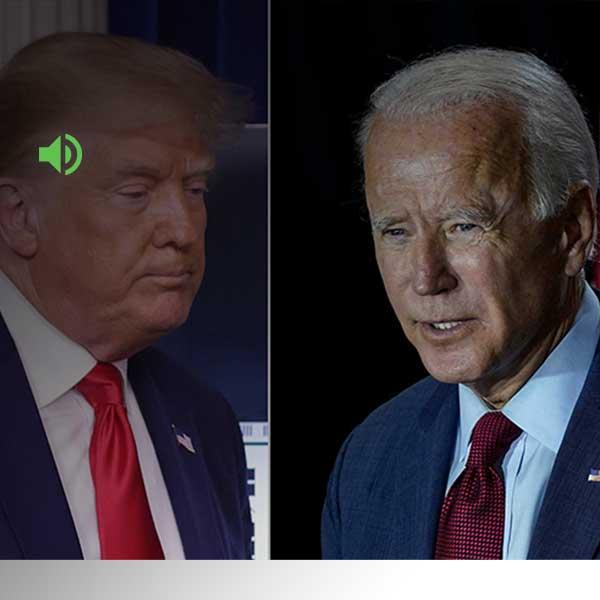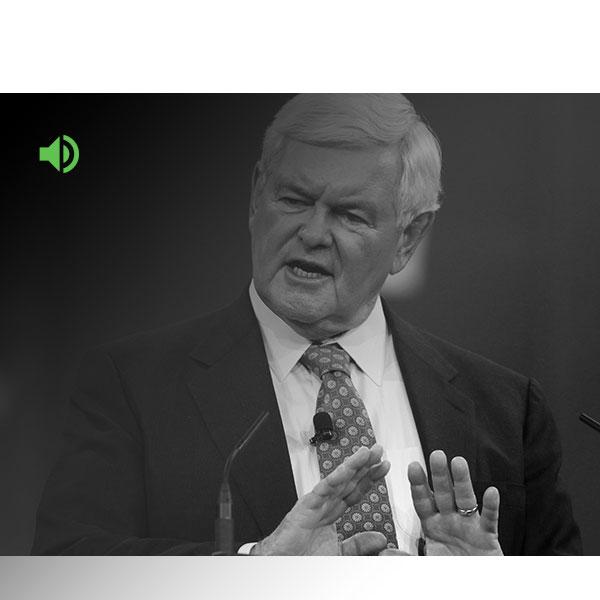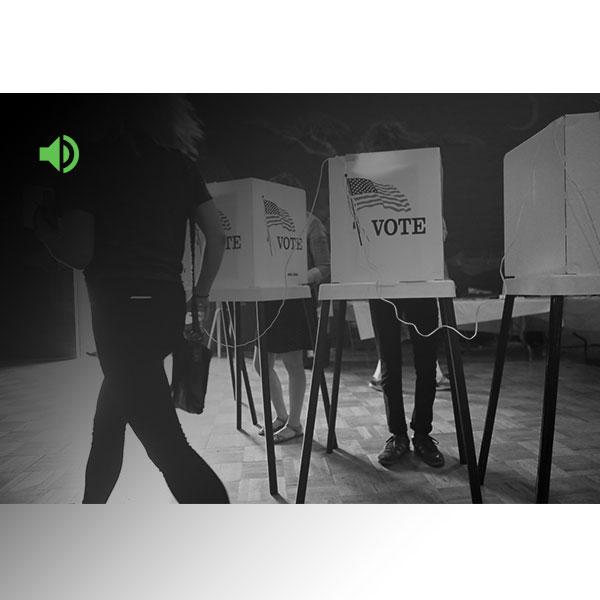Election Issues
Explore Gallup's research.
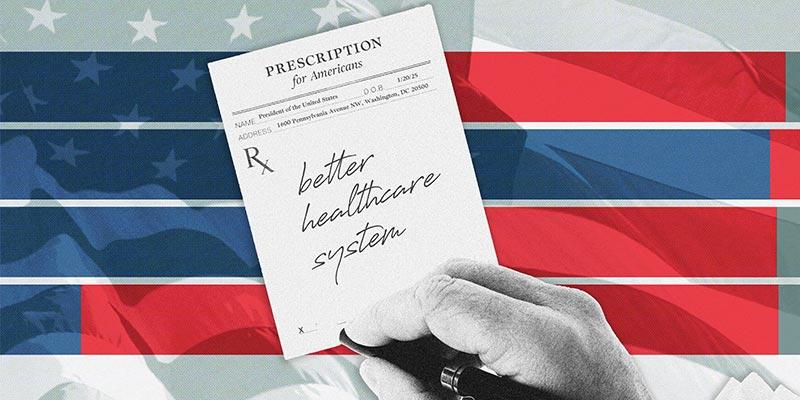
Healthcare retains its place as one of the higher-ranking issues voters say are influencing their vote this year.
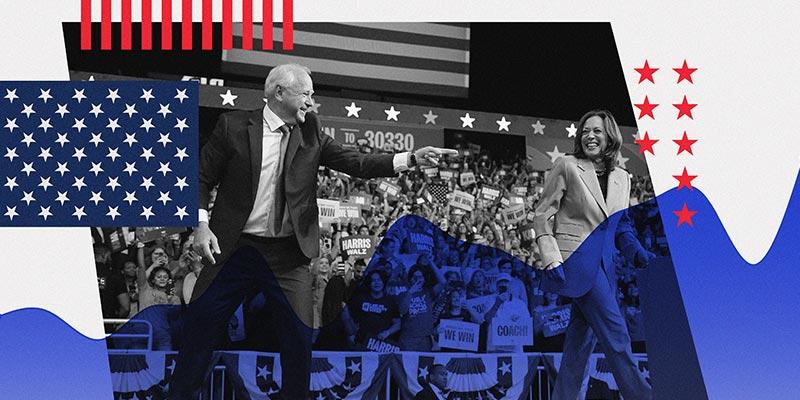
Sixty-nine percent of U.S. adults say they are more enthusiastic about voting than usual, up from 54% in April, with Democrats driving the increased enthusiasm.
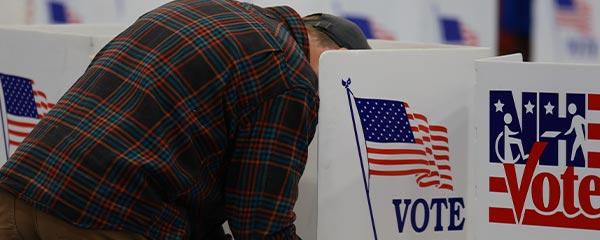
Americans are more likely to say they would back certain types of presidential candidates, such as a woman or Black adult, than others, such as a Muslim or socialist. But being older than 80 or having been charged with a felony are much bigger turnoffs for voters.

Crime became an issue in the recent midterm elections, underscoring the importance of understanding what lies behind Americans' views of the issue.

Changes in economic reality and candidates' statements and positioning are less important to voters than their underlying ideological predispositions.
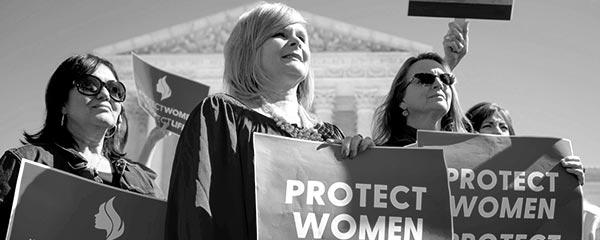
Nearly half of U.S. adults say abortion will be one of many important factors in their vote for a candidate for a major office, 25% do not consider it a key issue and 24% say they will vote only for a candidate who shares their views.
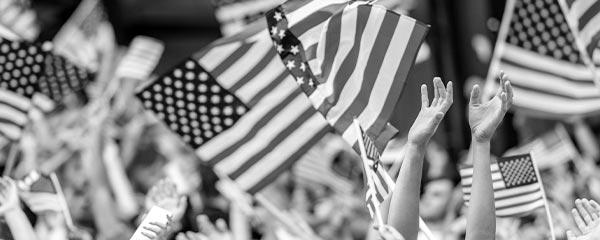
American pride has become more of a partisan issue under the Trump presidency and could enter into the 2020 campaign.

With the U.S. economy less concerning to Americans under Trump, anxiety about pocketbook issues could be a bigger factor than usual in their vote.
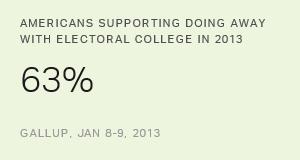
The U.S. system for electing presidents is controversial, unpopular and not well understood, but has stood as the law of the land since George Washington was elected in 1789.
Mitt Romney's announcement this morning that he will not be actively running for the GOP nomination leaves a void in the firmament of potential candidates on both the Republican and Democratic side of the ledger. Romney was the only major potential candidate who had a substantial business background involving major management and leadership of complex and large entities -- something I think it's possible the public may be looking for in 2016.
